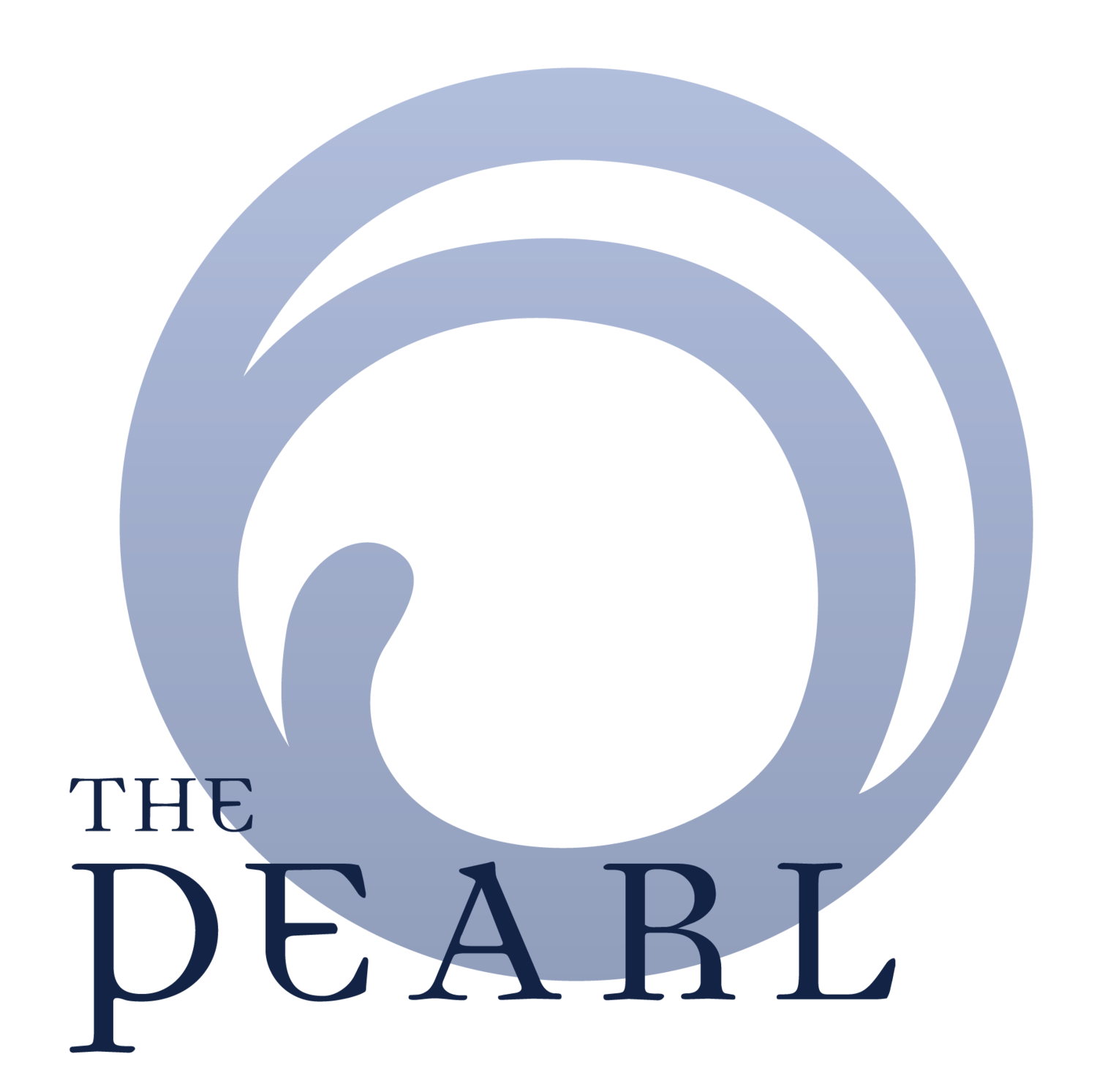8 Foolproof Ways to Relieve Your Stress
Welcome to March: the season of spring fever and March Madness (not just the college basketball tournament.) This year, March is bringing a darker overtone to our lives; between the outbreak of war and a two-year stint navigating life during a worldwide pandemic, it’s no wonder people feel like they are going a little mad. I know I certainly have! Anxiety and depression are beginning to plague our population and I see more clients who “just need a little stress relief.” While massage therapy is now recognized as a way to treat a variety of medical conditions, stress relief is still one of the most commonly recognized reasons to receive treatment. On the surface level stress may not seem like it can hurt that much but let’s examine how it directly affects our body and life.
When you experience stress, your nervous system responds by releasing a flood of stress hormones, including adrenaline and cortisol. Your heart rate increases, which can cause chest pain. Muscles tighten which can lead to pinched nerves. Blood pressure rises which can lead to damaged arteries and increase your risk of heart disease. Your breath quickens and becomes shallow, robbing your body of oxygen. Over time, the toll stress takes on your body can result in a weakened immune system, intestinal problems, fatigue, irritability, and a whole heap of other health issues. On an interpersonal level, people who are chronically stressed may become increasingly reclusive, depressed, and cope in unhealthy ways like drug and alcohol use. I’m getting anxious just thinking about it!
From all of this information, you can understand how important it is to manage stress in an increasingly stressful environment. Massage is an incredible tool for managing stress that has been proven to lower cortisol levels. It’s now being used to treat PTSD and long-term studies have shown that consistent massage therapy can even decrease diastolic and systolic blood pressure, reducing risk for heart disease and stroke; however, it might be difficult to afford a massage treatment regimen. So, what else can be done to reduce stress?
Deep breathing exercises are a great place to start reducing your stress. Thich Nhat Hanh writes about mindful breath and meditation in his book, Peace Is Every Step. Daily occurrences like getting into your car, stopping at a red light, hearing a church bell or a text message alert serve as reminders to stop and breathe deeply for a few moments. Deep diaphragmatic breaths draw more oxygen into the body and naturally lower our heart rate. It’s also a tool massage therapists use with clients receiving deep tissue massage to bring oxygen into the muscles, which allows them to sink deeper into those stubborn knots and release them.
Once you’ve become familiar with deep breathing, try to incorporate it into movement practices like hiking, yoga, martial arts, flow arts, dance, or running. Aside from the obvious health benefits of increased body movement, the combination of movement and deep breathwork allows you to enter a “flow state,” where your mind becomes blank and kinetic energy takes over your body, allowing a deeper connection to your internal energy source. The more frequently you can connect to your internal energy source, the more you are able to control stress levels, instead of allowing them to control you.
Another stress management technique is meditation, sitting still in an attempt to calm the mind. If you haven’t done a lot of meditation, start small with 5 minutes of meditation in the morning while you sip your tea or coffee and then work your way up. It can be difficult to do if your mind tends to race, or if you live in a place with a lot of distractions. You can try nature bathing, which allows you to get outside of the distractions of city life and into the calm places of Earth like the forests, rivers, and beaches. If it’s rainy or too hot and the outdoors aren’t an ideal place to practice meditation, try putting on some headphones and playing some soothing instrumental music or nature sounds. There are tons of guided meditations on YouTube to follow as well, and they can be specific to your personal needs. A good long-term goal is 30 minutes of meditation, but even 5 minutes will make a profound difference in your day,
Try a sound bathing meditation, acupuncture or reiki session to relieve your stress. If you’ve ever been to a concert or movie theater and felt the bass vibrate your body you’ll begin to understand how sound bathing works. Sound bathing is usually a group class meditation that includes the use of singing bowls, gongs, and other instruments. Sound bathing classes are typically an hour long and allow space to lay comfortably while the vibrations of these instruments wash over your body. Different tones vibrate in our bodies, creating a sense of ease. Many people who have gone to a sound bathing session have reported decreased stress, improved mood, tension relief, and headache relief.
Acupuncture also requires the ability to sit still for about an hour, although you can receive shorter sessions if needed. Acupuncture is an ancient practice and uses small needles accurately placed in areas of the body mapped by meridians, or energy lines. These energy lines run throughout the body and match up to the nervous system. A skilled practitioner can pinpoint areas of physical, mental, and spiritual health for relief. If you’re not so keen on needles, acupressure can be used, though most acupuncturists will advise that the use of needles is more effective.
Another energetic modality that is easily coupled with meditation to reduce stress is Reiki. Reiki comes from Japan and uses an energetic map that aligns with the nervous system. Reiki is traditionally a hands off, non-touch therapy that is felt as a heat or tingling sensation in the body. It is particularly helpful for those who dislike touch, have PTSD, Autism, or are currently receiving cancer treatment. Reiki has been used to treat physical, mental, and spiritual ailments. Practitioners of Reiki believe that the mind, body and spirit are connected and that emotional trauma can create energetic blocks in the body that manifest into physical ailments. Treating the energetic system allows the flow of energy to move freely and the body begins to heal itself. Many people who receive Reiki report life changes after receiving treatment. One of the benefits of Reiki is once you learn how to perform it, you can use it on yourself!
Certain essential oils can also be used for stress relief. Essential oils are derived from plants and resins and often contain similar chemical compounds to those found in pharmaceutical drugs. Most commonly, essential oils, like lavender or rose, are used to treat stress, anxiety, and depression. It is a less invasive form of treating stress than other methods, and can be more cost effective. However, if you have any medical conditions, please consult your physician before using essential oils to treat your condition.
While I love massage therapy for stress relief, there are so many other resources available to maintain your healthy lifestyle between sessions. Massage is a wonderful tool to use for treating the muscular issues caused by stress, but daily management can reduce a number of other health conditions that result from stress taking over your life. Take this moment to breathe deeply and imagine your body filling with light. As you exhale, imagine the stress leaving it like a dark cloud that dissipates into the atmosphere. Remember, while outside forces are often beyond our control, our inner peace is something we can master through practice.
Jessica Figurski, LMT at The Pearl Day Spa













